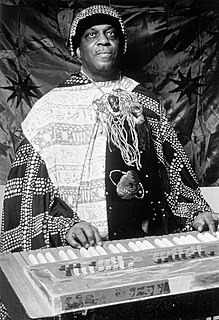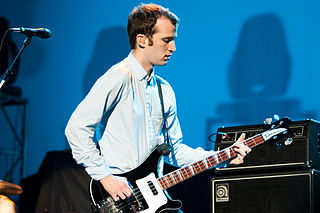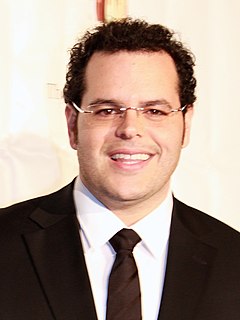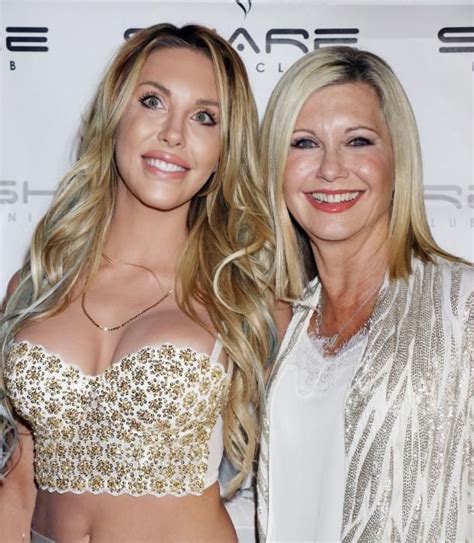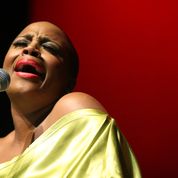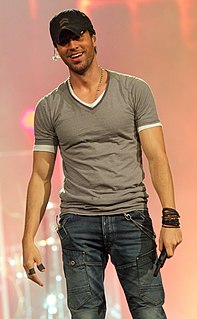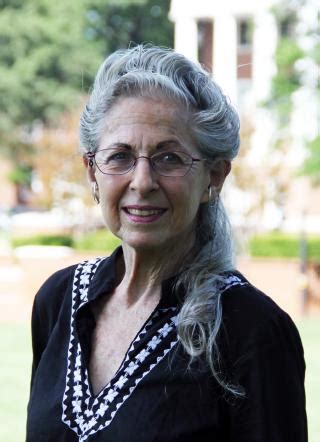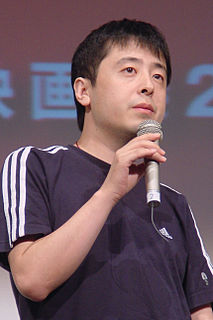A Quote by Jerry Garcia
If you think of music as a universal language, it still has some very powerful dialects.
Related Quotes
There's still people that do it poorly... and people that do it very, very well. I think there's still an incredible spectrum. I guess there's something that's appealing in it, in that everyone on some level is a DJ. But people still go to clubs, and there's still... it is interesting - with everyone having an iPod now - when music is so personalised and things like Pandora and making your own playlists, there's something really powerful about a room full of people all dancing to the same song.
Music is a universal language insofar as you don't need to know anything else about a musician that you are playing with other than that they can play music. It doesn't matter what their music is, you can find something that you can play together, with what their culture is. The dialect part of it comes into play, but nothing like the differentiation that language sets up, for example.
Language is so specific to art, all the way to the past in China. Previously, people were not allowed to include various regional dialects in their films, but in every film that I've made, I've maintained the regional dialects of the characters because I wanted to make films that were locally specific.

